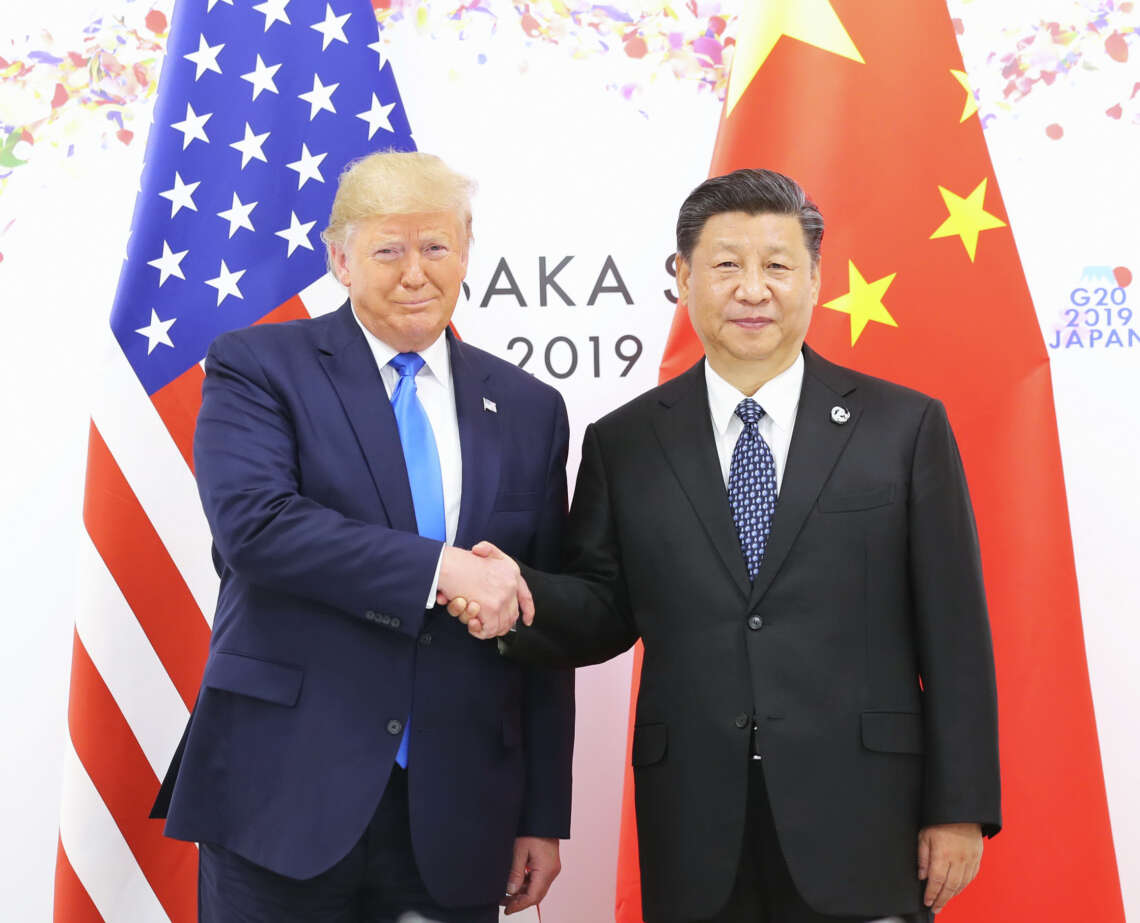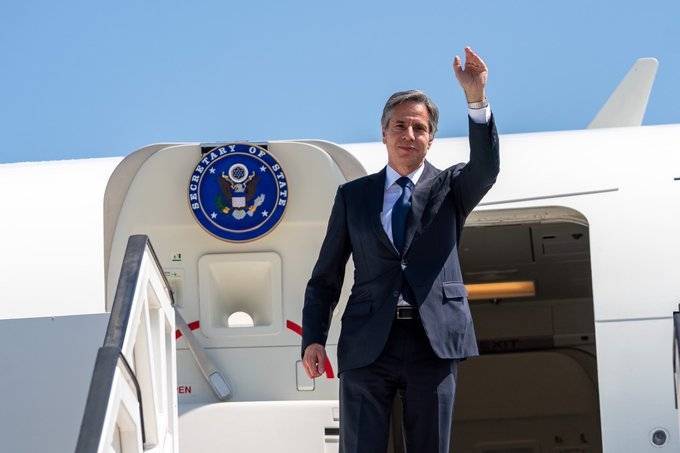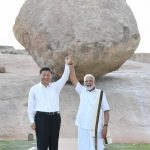Weak diplomacy, increased use of economic coercion, failed soft power attempts, and expanding links to Russia are some of the causes for China’s deteriorating worldwide image.
The global image of China, which had been good or at least neutral in many areas of the world for the last two decades, has deteriorated dramatically in the last four years among the countries including the United States, Japan, Africa, Asia and Eastern Europe.
Several reports say that between the 1990s and the late 2010s, China had favourable relations with several countries but, at present, Beijing has its worst public image in decades in several areas of the world.
Despite increased foreign aid through the Belt and Road Initiative, billions of spending on state television, radio, and other mass communication, and a variety of efforts to expand cultural diplomacy, visitor programmes for foreigners, and scholarships for students to attend university in China.
According to a Pew Research Center survey of the public in seventeen different nations, including the United States, “unfavourable opinions of China are… at or near historic highs. The vast majority of industrialised economies polled had largely unfavourable opinions of China.”
There are several causes for China’s deteriorating worldwide image. They include weak diplomacy, increased use of economic coercion, failed soft power attempts, and expanding links to Russia.
Recently, China’s new diplomatic stance, along with the increasing use of state economic pressure against nations and foreign and domestic Chinese companies, undoubtedly contributes to escalating unfavourable attitudes.
Before the Xi era began in 2012-13, there were some hints of China’s rising belligerence, but blatantly confrontational diplomacy has flowered under his leadership.
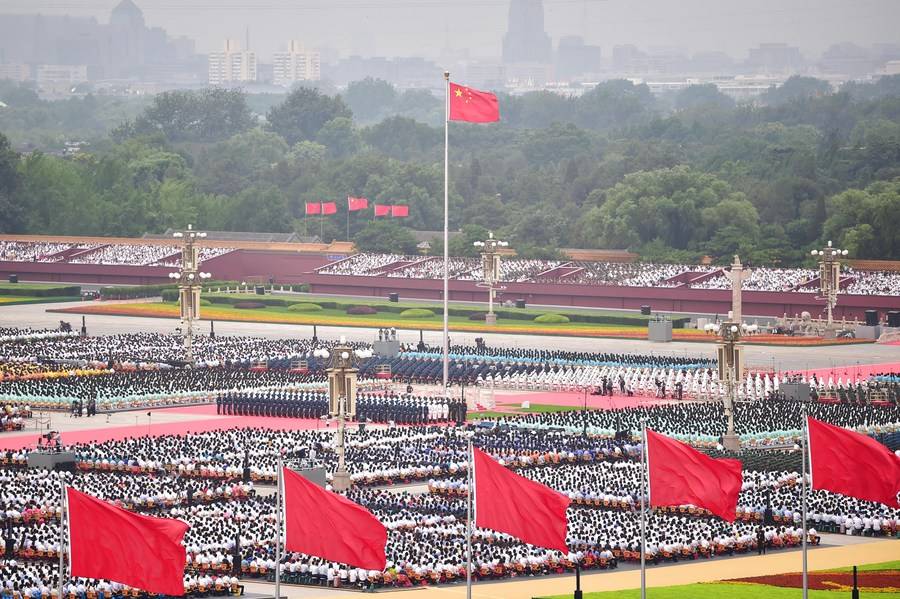
At an Association of Southeast Asian Nations (ASEAN) meeting in Hanoi in 2010, Chinese Foreign Minister Yang Jiechi unleashed a tirade against Southeast Asian leaders, foreshadowing Beijing’s new attitude.
As Xi has consolidated power at home, eliminating potential opponents and ending consensus authoritarianism for what is now essentially one-man rule, he has demonstrated through speeches and actions that he wants China to reclaim its position as a dominant regional and global power and to promote its model to the rest of the world, the media report stated.
He openly expressed nationalist beliefs and, unlike other presidents since Mao, advocated for a Chinese model of development. With Xi leading the way, Chinese diplomacy has shifted dramatically toward the types of statements made by Yang in 2010, under Xi, some of the most venomous diplomats have risen quickly through the foreign ministry, demonstrating to other Chinese diplomats that acting in this manner is a path to promotion.
Following Xi’s lead, other ministries and diplomats began frequently expressing prickly, nationalist, bombastic words against foreign powers, instilled in China’s increasingly nationalistic internal politics.
Throughout, the COVID-19 pandemic and the Ukrainian war, China’s more brazen diplomats have vocally assaulted neighbouring countries and promoted misinformation regarding the origins of coronavirus.
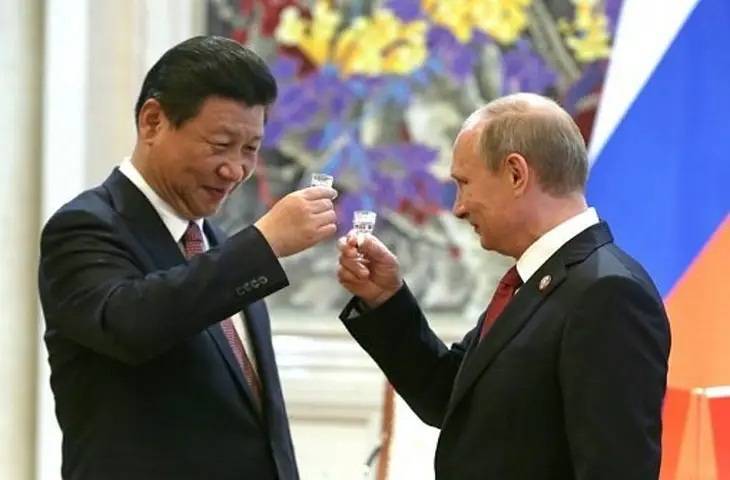
They have also promoted Russian misinformation regarding the Ukraine war in recent months, while local Chinese media channels portray Russia as the true victim. This is a further step in the employment of disinformation by Chinese diplomats, in which Beijing helps to magnify the lies of another big authoritarian country, with whom it has developed a strong relationship. China’s involvement in propagating Russian disinformation online is crucial: many Russian publications are prohibited or blacklisted by governments and tech companies, but China’s are not.
Simultaneously, China has grown more open about using economic pressure against nations who criticise its international and internal policies. Beijing has used coercion against dozens of states and multinational corporations that have taken critical positions on issues that Beijing regards as critical, such as Taiwan, the South China Sea, Hong Kong, and Xinjiang, or that have criticised Xi’s leadership or have demanded investigations into the origins of COVID-19 or have pushed China to abandon its disastrous zero-COVID policy. China’s trajectory is moving towards only one destination – doom. (ANI)
ALSO READ: Xi and Biden exchange warnings on Taiwan



